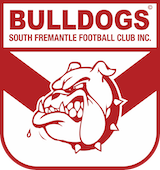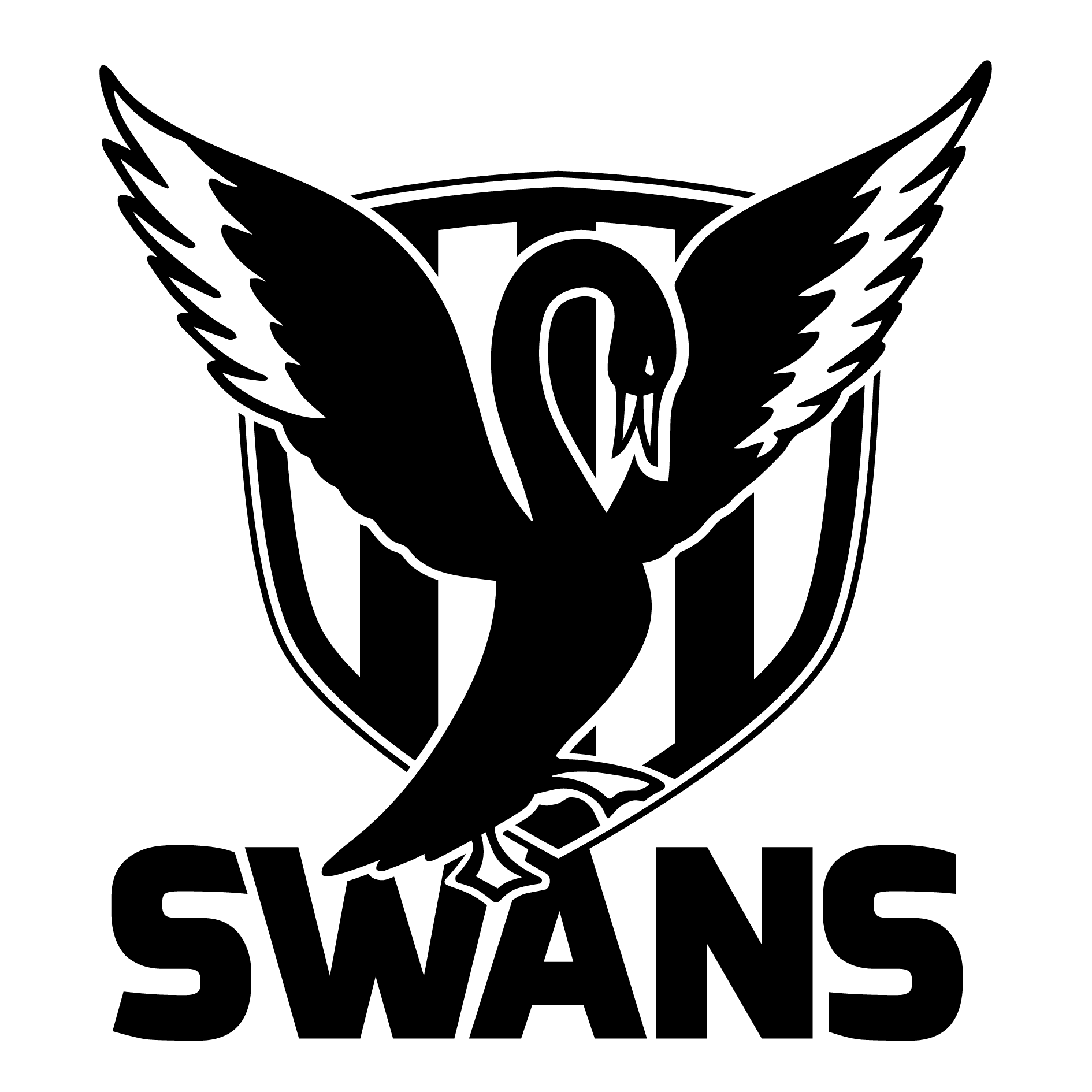Select grade below
- Round 2Sat, 12 Apr 20252:30 PM
 VS
VS Revo Fitness Stadium
Revo Fitness Stadium - Round 3Fri, 18 Apr 20257:10 PM
 VS
VS Sullivan Logistics Stadium
Sullivan Logistics Stadium - Round 4Fri, 25 Apr 20251:40 PM
 VS
VS Revo Fitness Stadium
Revo Fitness Stadium - Round 5Fri, 2 May 20257:10 PM
 VS
VS Joondalup Arena
Joondalup Arena - Round 6Sat, 10 May 20252:30 PM
 VS
VS Revo Fitness Stadium
Revo Fitness Stadium - Round 7Sat, 24 May 20252:30 PM
 VS
VS Steel Blue Oval
Steel Blue Oval - Round 8Sat, 31 May 20252:30 PM
 VS
VS Revo Fitness Stadium
Revo Fitness Stadium - Round 9Sat, 7 Jun 20254:10 PM
 VS
VS Sullivan Logistics Stadium
Sullivan Logistics Stadium - Round 11Sat, 21 Jun 20252:30 PM
 VS
VS Revo Fitness Stadium
Revo Fitness Stadium - Round 12Sat, 28 Jun 202511:10 AM
 VS
VS Mineral Resources Park
Mineral Resources Park - Round 13Sat, 5 Jul 20251:45 PM
 VS
VS Fremantle Community Bank Oval
Fremantle Community Bank Oval - Round 15Sat, 19 Jul 20252:30 PM
 VS
VS Revo Fitness Stadium
Revo Fitness Stadium - Round 16Sat, 26 Jul 20252:30 PM
 VS
VS East Fremantle Oval
East Fremantle Oval - Round 17Sat, 2 Aug 20252:30 PM
 VS
VS Revo Fitness Stadium
Revo Fitness Stadium - Round 18Sat, 9 Aug 20252:30 PM
 VS
VS Revo Fitness Stadium
Revo Fitness Stadium - Round 19Sat, 16 Aug 20252:30 PM
 VS
VS Mineral Resources Park
Mineral Resources Park - Round 20Sat, 23 Aug 20252:30 PM
 VS
VS Revo Fitness Stadium
Revo Fitness Stadium
VALE JOHN MCINTOSH

By Ken Casellas
Claremont Football Club members and supporters are mourning the death of John McIntosh, one of the greatest players in the history of the club.
McIntosh, a champion ruckman, died at the age of 77 on Saturday.
He is fondly remembered for his wonderful skill, his athleticism and great high-marking ability. He was Claremont’s best player with his dominant performance in the ruck in the 1964 grand final at Subiaco Oval when the Tigers defeated East Fremantle by four points.
McIntosh was 18 when he made his league debut, playing in a forward pocket against West Perth at Leederville Oval on April 7, 1962, and a week later he kicked two goals and was one of the side’s best against Subiaco at Claremont Oval. He was one of only two players to appear in all of Claremont’s 21 matches that year, playing mainly as a forward and a ruck-rover.
McIntosh played 146 league matches and scored 131 goals for the Tigers and represented Western Australia with great distinction in 18 interstate contests. These matches included the 1966 national carnival in Hobart when he was awarded the Simpson Medal as WA’s best player in the series.
He finished third behind Bill Walker and Barry Cable in the 1965 Sandover Medal, was Claremont’s fairest-and-best player in 1966 and 1969 and was selected in the all-Australian team in each of those years. In 2004 he was inducted into WA Football’s Hall of Fame, and in 2013 he was chosen in Claremont’s Greatest Ever team.
It was at Claremont Oval on August 30, 1969, that McIntosh made his final appearance for the Tigers when, fittingly, he was the side’s best player in the 40-point victory over Perth. He was then transferred in his employment to Melbourne, and he was an immediate success in VFL ranks, playing mainly at centre-half-forward for St Kilda in 1970 when he finished fifth in the Brownlow Medal.
In 1971 McIntosh gave further proof of his outstanding ability as a ruckman when he finished equal second to Ian Stewart in the Brownlow Medal. Sadly, he injured his knee in the second semi-final that year and missed the VFL grand final in which Hawthorn defeated St Kilda.
A recurrence of his knee injury in the 1972 round four match against Collingwood ended McIntosh’s football career at the age of 28. He played 53 matches for the Saints.
McIntosh, whose father Dave played 56 league matches for East Perth, was Claremont’s chairman of selectors in 1986 and 1987, and his son Ashley played 12 league games for the Tigers and 242 for the West Coast Eagles, including the AFL premiership triumphs in 1992 and 1994.
After his football playing days, John McIntosh was an outstanding lawn bowler who won several club and State championships.
Born on November 1, 1943, McIntosh wore the No. 1 jumper for Claremont with admirable flair and brilliance. He will be sadly missed.











